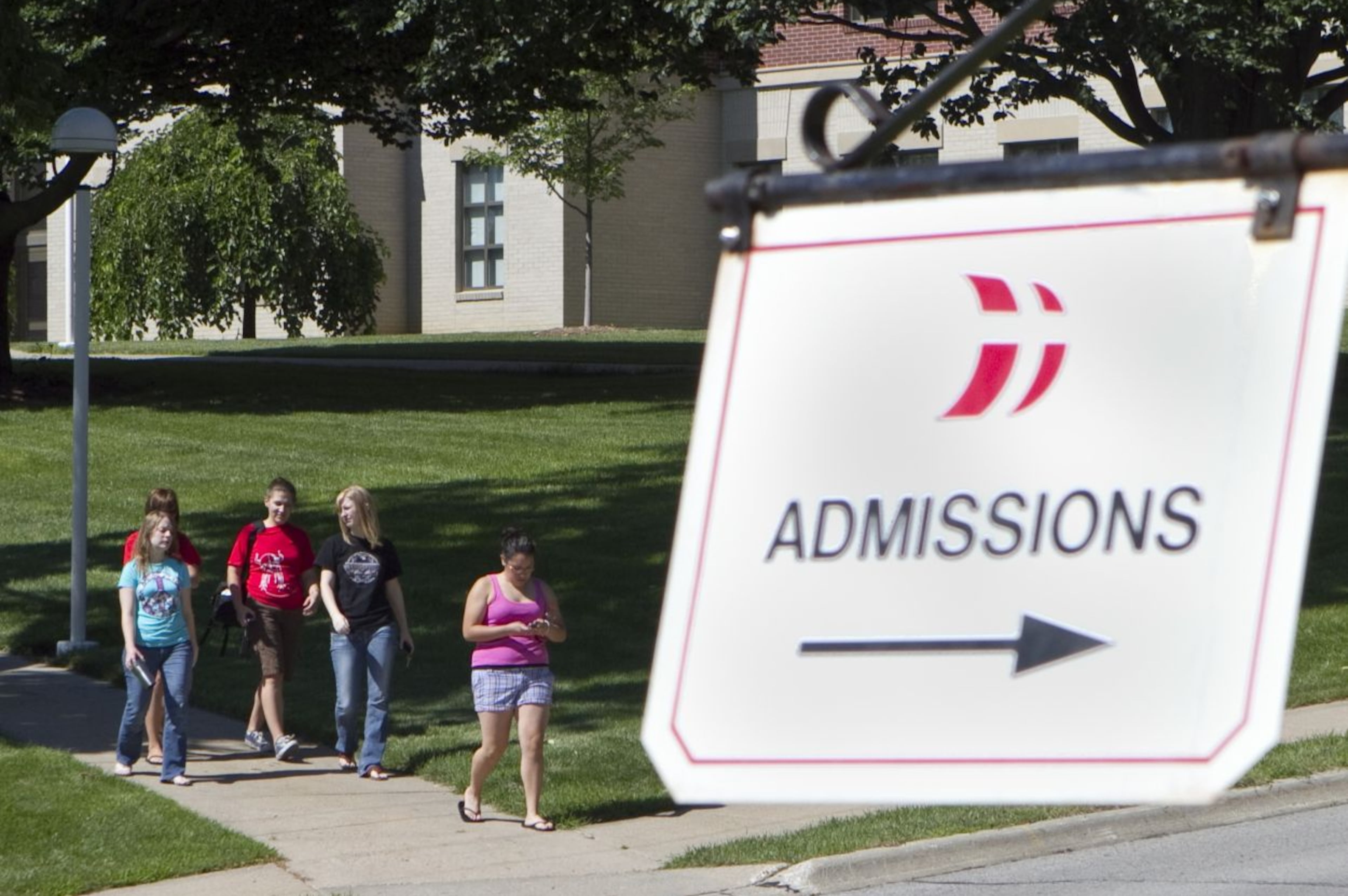Atlanta schools make spring break a chance for some kids to catch up
In many cities, high schools are the lowest-performing schools. But in Atlanta, it’s elementary schools.
“I’ve never seen that in my career,” Atlanta Superintendent Meria Carstarphen said last month.
When you’re this far behind, you have to hustle to catch up, especially with the risk of state takeover looming. Nineteen Atlanta elementary schools are at risk of state takeover if voters approve Gov. Nathan Deal’s Opportunity School District plan this fall.
So about 200 Atlanta elementary students are spending their spring breaks in school in the district’s first “vacation academy.” The program pairs small groups of students with some of the district’s best teachers for a week of intensive work in English, math, social studies or science. Students with low scores on local and state tests were invited to attend. Half the day is spent on academics, but after lunch students have a choice of art, gym, and other activities.
The goal is to fill the small gaps in students’ skills that hold them back from mastering their courses, succeeding at the next grade level — and passing state tests.
“What they don’t learn will follow them,” said Donyall Dickey, Atlanta’s chief schools officer.
Five days might not erase the consequences of starting kindergarten with a shaky grasp of the alphabet. But Dickey says a week of the right kind of teaching can bump students up to the next level.
While the vacation academies run the week before state Milestones testing starts, it’s not test prep.
“This is what we’d do even if the Milestones didn’t exist,” Dickey said.
At Perkerson Elementary School earlier this week, teacher Nichole Jones lead four third-graders through math exercises in rounding.
“Those are two good choices,” she told a girl who handed in a completed worksheet. “Now justify your answers.”
The vacation academies — which cost about $150,000 to run at two schools this year — are one part of Atlanta’s multimillion-dollar strategy to catch up current students and set up the youngest students for success. Atlanta plans to hold similar sessions over both winter and spring break next year.
Next year, the district will spend about $23 million to improve the city's worst schools, with much of that spending focused on elementary schools. It's a huge investment, one that will take up most of the district's state and local revenue increase. It includes tutors for small groups, extra teachers to focus just on teaching reading and math, possible extended school days or school years in some schools, training for teachers and principals, bonuses to lure staff to low-performing schools and outside groups that will manage a few of the city's lowest-performing schools.
District officials’ effort to understand more about why Atlanta elementary schools aren’t working include a study on pre-K programs. Results from that study are expected later this year.
Meanwhile, in Tara Pitts’ classroom at Perkerson Elementary School earlier this week, five third-graders were learning about the life of Paul Revere.
“We’re learning he was brave and strong,” Davian Hubbard Jr. told a visitor. “Here, I’ll show you the evidence he was brave,” he said, launching into an explanation of Revere’s midnight ride.
Davian, who explained that he catches on to new lessons fast, “but not that fast,” doesn’t mind spending part of his spring break in a classroom.
“I like challenging stuff for your brain,” he said.


